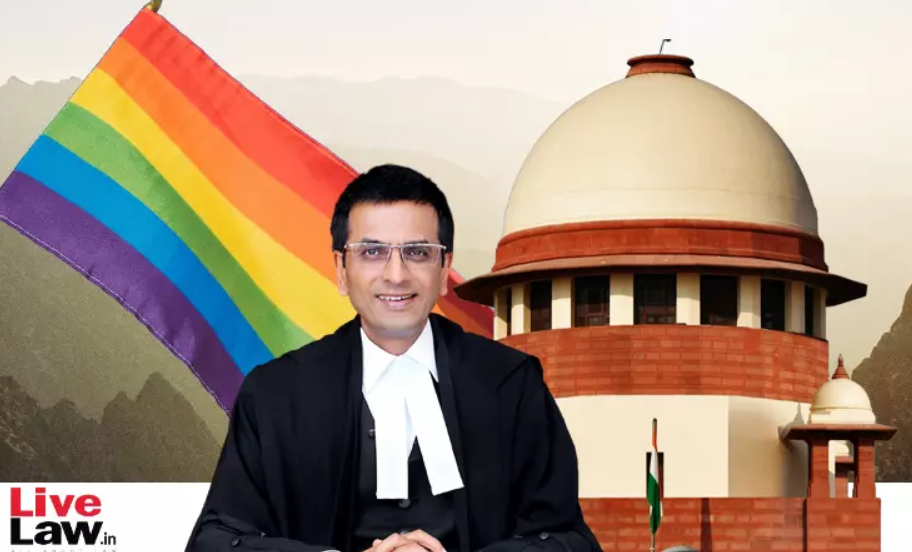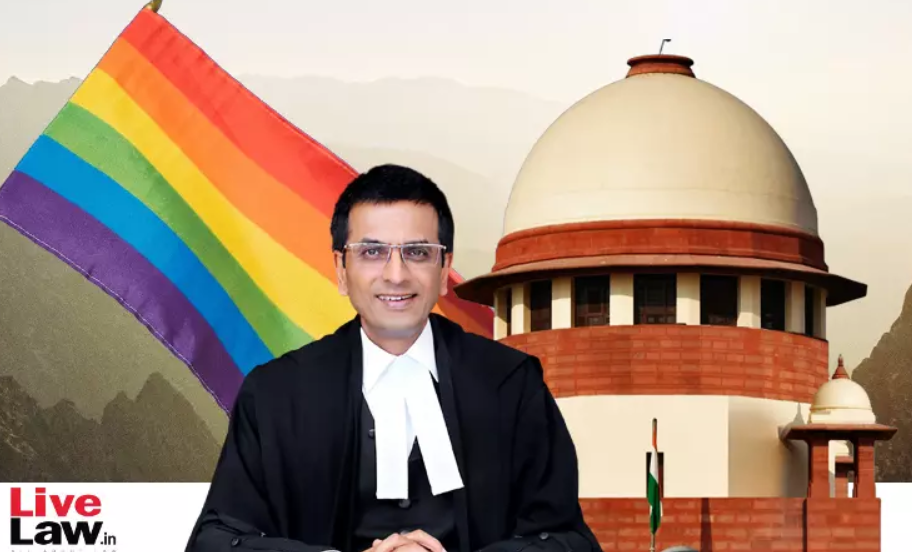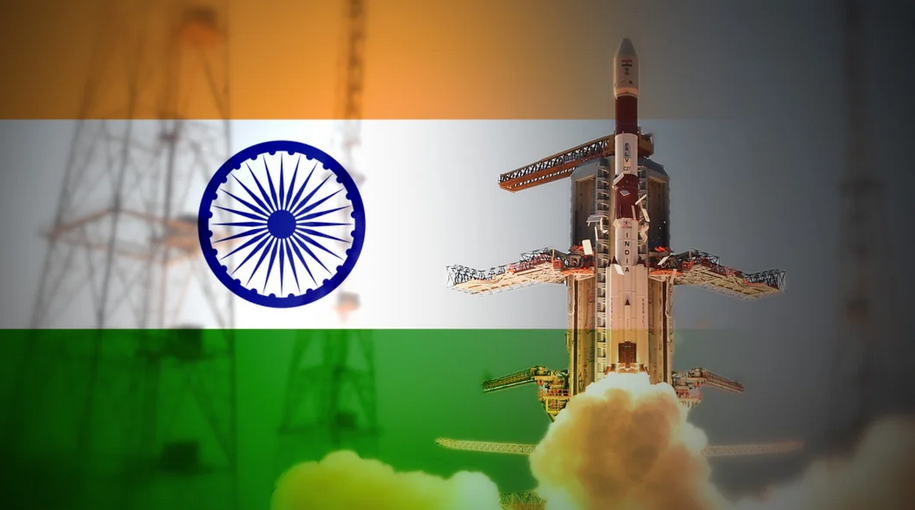Same Sex Marriage: In an unequivocal display of progression towards equality and inclusivity, India‘s Supreme Court issued far-reaching directives to both Union and State governments in favor of recognizing same-sex marriage. The Court’s landmark judgement ticks at the heart of discrimination that the LGBTQ+ community has historically faced, based solely on their sexual orientation. The directives push a forceful message of inclusivity and acceptance; here are their crucial aspects in detail

Directive 1: A True Rainbow Economy – The government must take definitive strides to eradicate any discrimination against the LGBTQ+ community in their access to goods and services. This decision is a bold step forward towards leveling the economic playing field and ensuring diversity in the marketplace.
Directive 2: Compassion through Understanding – Education is a cornerstone of change. The government should actively work on cultivating an understanding and acceptance of the rights and nuances of the LGBTQ+ community within the general public. Encouragingly, this directive signals a shift towards a more empathetic nation.
Directive 3: A Helping Hand – There’s no denial that the path to acceptance can be unnerving, and that’s where directive three comes in, calling for the establishment of a dedicated helpline to provide support to the queer community. This compassionate measure ensures that help and assistance are merely a phone call away.
Directive 4: Havens of Acceptance – To protect those who face threats or discrimination after revealing the truth of their relationships, the Court has mandated the creation of safe houses specifically for queer couples. These shelters aim to provide both mental and physical safety and are conclusive evidence of the commitment towards ensuring the security of the QUEER community.
Directive 5: Autonomy over Identity for Inter-Sex Children – Respecting the individuality of every life, the Court has issued the directive that Intersex children should never be subjected to forced operations. This important move respects the rights of all children to grow and discover their identities on their own terms.
Directive 6: Pioneering Commission – A final directive cementing the commitment to change, calls for the formation of a committee by the Union government. Entrusted with determining rights and entitlements for persons in queer unions, it’s a practical manifestation of equality. The committee will address pivotal issues such as recognition of queer couples as families in ration cards, permitting joint bank accounts, and awarding them all associated rights, from pension and gratuity to inheritances.
The Supreme Court’s decision marks a long-awaited milestone, acknowledging and addressing the unique experiences and concerns of the LGBTQ+ community and painting not only a rainbow in the sky but embedding it into the fabric of the Indian society. It’s an inspirational beacon of acceptance and equality that transcends borders and redefines the essence of love and family.
Same Sex Marriage Detailed Review By SCI
In a profound discourse on the scope of ‘queerness’, Chief Justice of India (CJI) Chandrachud offered a new lens to view, understand, and advocate for the rights of India’s (Same Sex Marriage) LGBTQ+ community. Expressing his perspective, the CJI sought to challenge conventional societal perspectives and push boundaries in favor of a more inclusive and empathetic society.
Speaking on the vast reach and diversity of the queer community, Justice Chandrachud poignantly highlighted that queerness is not exclusive to urban or elite demographics. He emphasized that ‘queer’ could equally pertain to an English-speaking white-collar man or a woman laboring in a rural farm, painting a vivid image of inclusivity that crosses socio-economic lines.
The heart of his argument, a powerful response to the Union government’s assertion that the issue of homosexuality is confined to the urban elite, laid down that the Constitution mandates the court’s protection of the fundamental rights of all citizens, regardless of sexual orientation. A groundbreaking call for change, expressing the reality that queerness extends beyond class or caste or socio-economic status.
Guided by a broader, more inclusive interpretation of “marriage,” the CJI put forward the idea that this institution is not static, effectively challenging traditional views. He contended that state withdrawal from domestic space could leave the vulnerable party unprotected, and all intimate activities within private space aren’t entirely beyond state scrutiny.
Challenging ingrained beliefs, the CJI interrogated the validity of Section 4 of the Special Marriage Act(same Sex Marriage), questioning whether it needs to be reinterpreted or struck down to accommodate queer relationships. However, he also acknowledged the practical difficulty of such an action, making it clear it was a decision for parliament.
Justice Chandrachud added that the freedom to enter into a union entails the right to choose one’s partner and the right to have that union acknowledged. He hammered at the fact that if such queer affiliations were disregarded, it could stifle freedoms.
Crisply articulating one of life’s most significant decisions, the act of choosing a life partner, he stated that this right was a fundamental aspect of life and liberty under Article 21, emphasizing the right to life for the queer community. He indicated that withholding benefits and services to queer couples that heterosexual pairs enjoy would be in breach of their fundamental rights, a direct challenge to systemic inequality.
Justice Chandrachud also plunged into adoption laws, commenting that there lacked credible evidence to prove only married heterosexual duos make good parents. He criticized the CARA Regulation 5(3), stating its indirect prejudice against atypical unions, since queer individuals could only adopt in a personal capacity.
As he anticipated the formation of a committee by the Union Government to ascertain the rights and entitlements of queer unions, Justice Chandrachud’s statements and pronouncements served to reframe the debate and bring new perspectives to bear on this pressing issue.
In conclusion, Justice Chandrachud postulated that “right to enter into a union” should not be restricted based on sexual orientation, throwing a lifeline to queer rights(Same Sex Marriage rights) advocates and setting a firm foundation for further dialogues on the issue. Meanwhile, remaining empathetic to the narratives of all stakeholders in the debate, Justice Chandrachud’s statements struck a balance between progress in norms and respect for societal structures.







